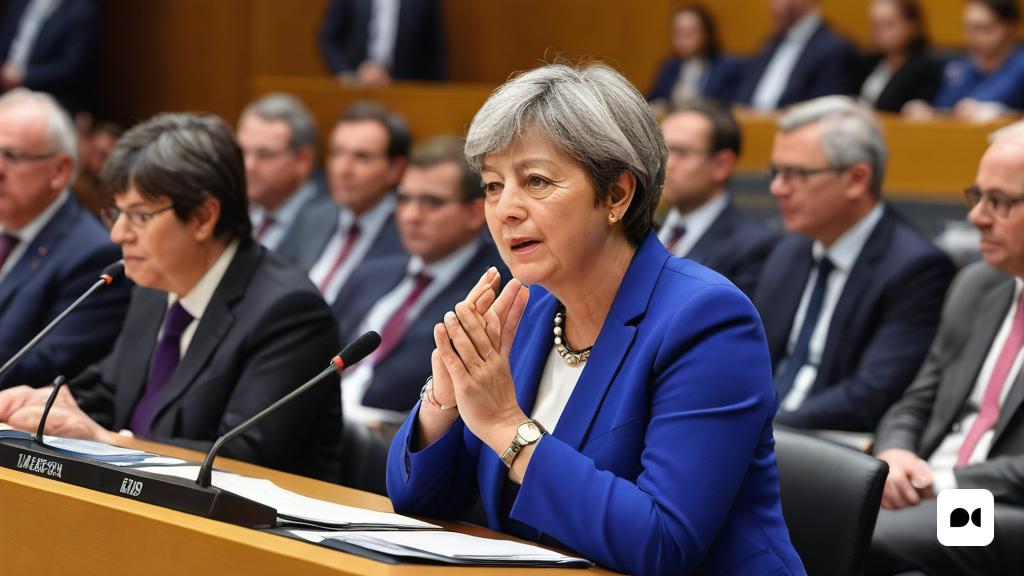Challenges in the representation of the European Parliament
The European Parliament has faced criticism for its lack of ability to reflect the diversity of the EU population, leading to what some call an ‘identity crisis’. According to an analysis by the European Network Against Racism, only 4.3% of MEPs belonged to ethnic minorities in the last term, despite the fact that they represent approximately 10% of the EU population.
The departure of MEPs from the United Kingdom in 2020 exacerbated this gap, decreasing the proportion of racialized minorities in the European Parliament to 3.5%. These data have led to claims that the European Parliament is failing to adequately represent the entire European population, raising serious doubts about the democratic legitimacy of the institution.
Impact on decision making
The lack of diverse representation in the European Parliament has significant consequences for policymaking. According to Nourhene Mahmoudi, policy and advocacy advisor at the Anti-Racism Network, the absence of people with lived experience of issues such as racism and inequality during key discussions hampers efforts to address the needs of the EU’s diverse population.
Future challenges
With increasing support for nationalist and far-right parties, it is expected that the political landscape in the European Parliament could further stigmatize marginalized communities. Data collected by the anti-racism network shows a marked disparity between left-wing and centrist parties, which have made some efforts to include ethnic minority candidates, and right-wing parties, where this level of representation is low or even non-existent.
According to Mahmoudi, representation in the European Parliament must transcend mere symbolic and superficial inclusion, recognizing that diversity and political representation are vital for progress in the fight against racism.

